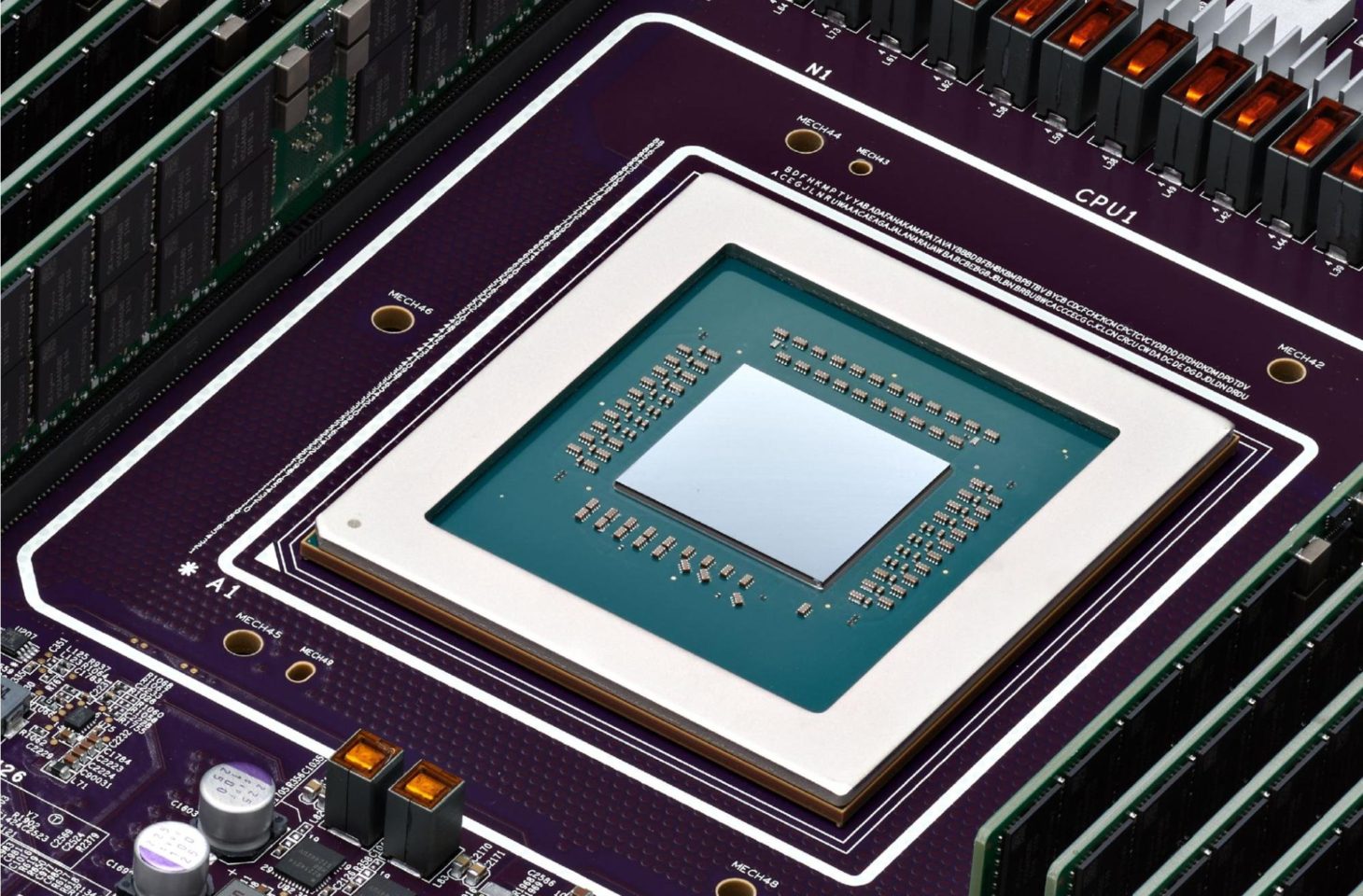Google announces Axion: its own ARM CPU for the data center
- April 10, 2024
- 0
With Google Axion, Google wants to bring the ARM architecture into the data center using its own processor. Google follows AWS and Microsoft. What AWS has known since
With Google Axion, Google wants to bring the ARM architecture into the data center using its own processor. Google follows AWS and Microsoft. What AWS has known since

With Google Axion, Google wants to bring the ARM architecture into the data center using its own processor. Google follows AWS and Microsoft.
What AWS has known since 2018 is now dawning on the other major cloud providers: ARM has its place in the data center. With this in mind, Google is launching the Axion processor: an ARM-based CPU for exclusive use on the Google Cloud Platform. As with other ARM chips, efficiency is the focus of Axion.
Google developed the Axion processor based on the Arm Neoverse V2 design. Neoverse is to the data center what Cortex is to the mobile ARM chip: the Arm company develops the basic designs, and third parties use those blueprints to develop a final processor tailored to their needs. AWS uses Neoverse designs for its Graviton processors, and Microsoft also uses the Neoverse architecture for its recently announced Cobalt ARM data center processors.
Google already uses Axion internally to power its own services, including YouTube ads and the Google Earth Engine. ARM-based processors like Axion traditionally offer many computing cores and decent performance with lower power consumption than x86 processors from Intel and AMD, which reduces costs. On the other hand, workloads need to be optimized for ARM, but this is not an insurmountable challenge for many virtualized cloud applications.
Google will offer cloud VMs with Axion for Google Compute Engine, Google Kubernetes Engine, Dataproc, Dataflox and Cloud Batch, among others. Customers already on ARM can seamlessly switch to instances powered by Axion.
The rise of ARM chips in the data center is exciting for Intel and AMD. Finally, workloads running on ARM servers with Axion, Graviton, or a similar alternative will not run on AMD Epyc or Intel Xeon. Intel announced Xeon 6 today, but these server chips are less inevitable today than they were a few years ago.
In its announcement, Google points out that it has been developing its own chips since 2015 and refers to the Tensor Processing Units (TPUs). The cloud specialist also highlights its contributions to the ARM ecosystem. It is all the more striking that Google Axion is only now being announced.
AWS has been successful with ARM-based instances based on its own Graviton processors since 2018, with Graviton 4 being the most recent iteration. In 2020, Graviton turned out to be a huge success for both customers and AWS itself. In recent years, Ampere has successfully built high-performance ARM chips as an independent company. With Axion, Google is not inventing hot water, but rather is the last of the three big cloud providers to jump on an undeniable trend.
Source: IT Daily
As an experienced journalist and author, Mary has been reporting on the latest news and trends for over 5 years. With a passion for uncovering the stories behind the headlines, Mary has earned a reputation as a trusted voice in the world of journalism. Her writing style is insightful, engaging and thought-provoking, as she takes a deep dive into the most pressing issues of our time.